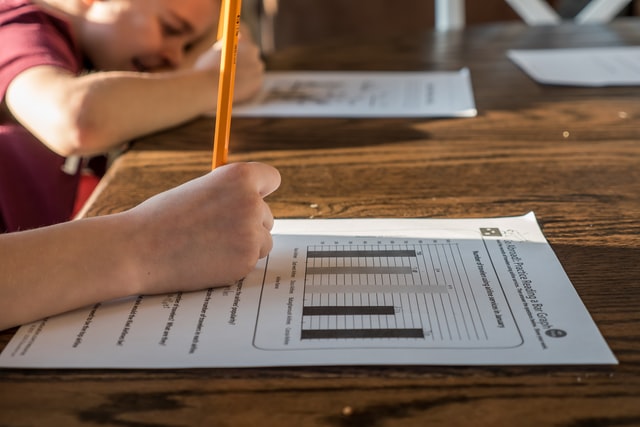Women bear the brunt of childcare and home schooling during the coronavirus pandemic

New research from University College London (UCL) reveals women in the UK spent more than twice as much time as men on their children’s home schooling and development during the Covid-19 lockdown.
Mothers with primary school-aged children “were considerably more likely” to have given up working than fathers with children of the same age, according to the research. The average hours spent in paid work across all age groups questioned decreased by around 40%. For those aged 30, average hours worked dropped from 34 to 22.
Mothers were found to have spent, on average, five hours every day home schooling their children, compared to two hours for fathers.
When they weren’t schooling their children, women were also spending more than three hours a day doing puzzles, reading, or playing games (developmental activities) with their children. This compares with just under two hours spent doing such activities by men.
Parents with higher levels of education and those who stopped working were most likely to spend the longest amounts of time home schooling their children. Of graduate parents, 63% said they were home schooling their primary school-age children, compared to 49% of parents with lower education levels.
Hannah Schildberg-Hörisch has investigated how parental employment effects children’s academic achievement for IZA World of Labor. She finds that “children of highly educated parents may benefit from extended parental leave, while children from less educated parents may even suffer, educationally.”
Schildberg-Hörisch continues: “Time-use data reveal that the mere quantity of time that parents spend with their children is not decisive for children’s development. High-quality time devoted to highly interactive activities matters for child development and the amount of high-quality time is hardly affected by parental employment.”
Find more Covid-19 content on IZA World of Labor. You can also find our recent opinion pieces on the pandemic and its effects here as well as our most recent videos on the effect of Covid-19 around the world here.